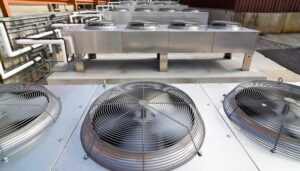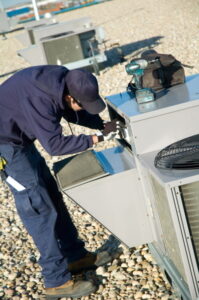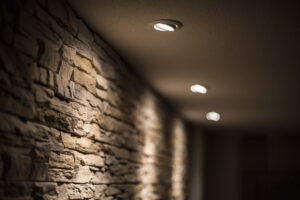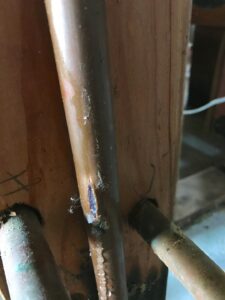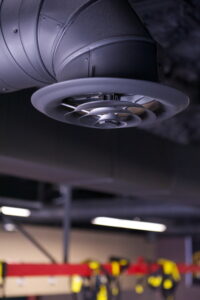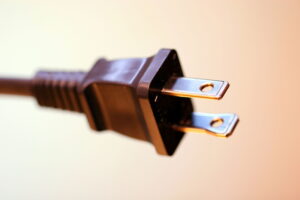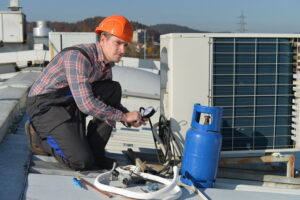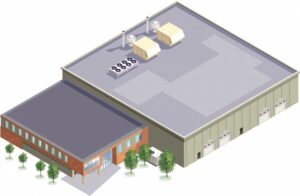Any commercial facility requires some level of exhaust for proper air circulation. For some businesses, a powerful exhaust system is one of the biggest necessities for regular operation. Restaurants and commercial kitchens require exhaust systems that must meet code requirements.
Handling exhaust system repair in Chicago, IL is one of the many jobs we do for local businesses. We encourage you to sign up for regular maintenance service with our team so we can help you pinpoint major issues such as exhaust malfunctions before they pose a threat to regular operations. Maintenance also goes a long way toward preventing problems in the first place. However, sometimes exhaust system problems will catch you by surprise. In these cases, the best tool available to you is noticing early something is wrong so you can call us—we offer 24-hour emergency service to keep businesses working!
What are some of the ways to tell the vital exhaust system in your commercial kitchen, restaurant, or other facility needs repairs? We’ve listed some common signs below.

